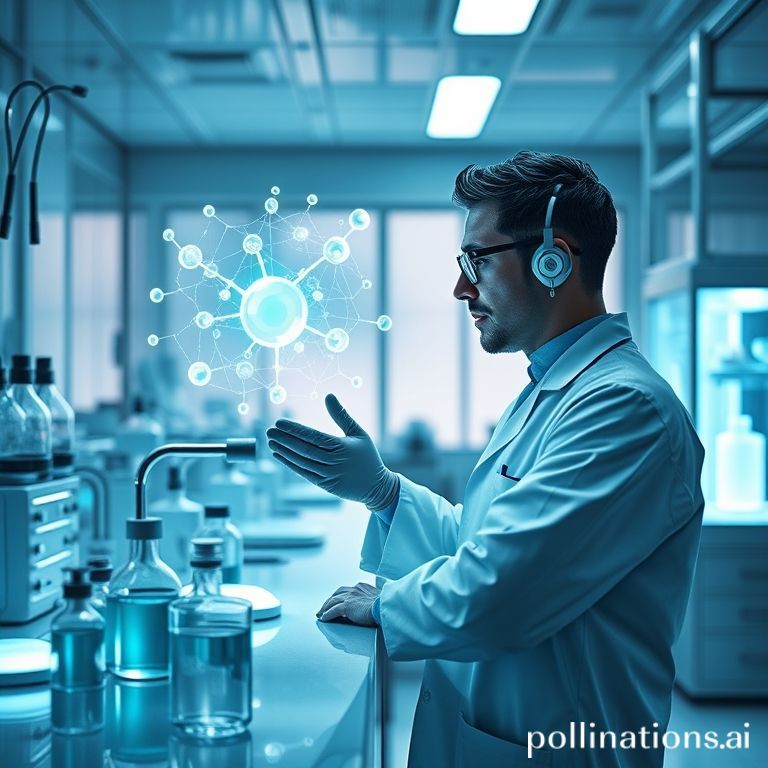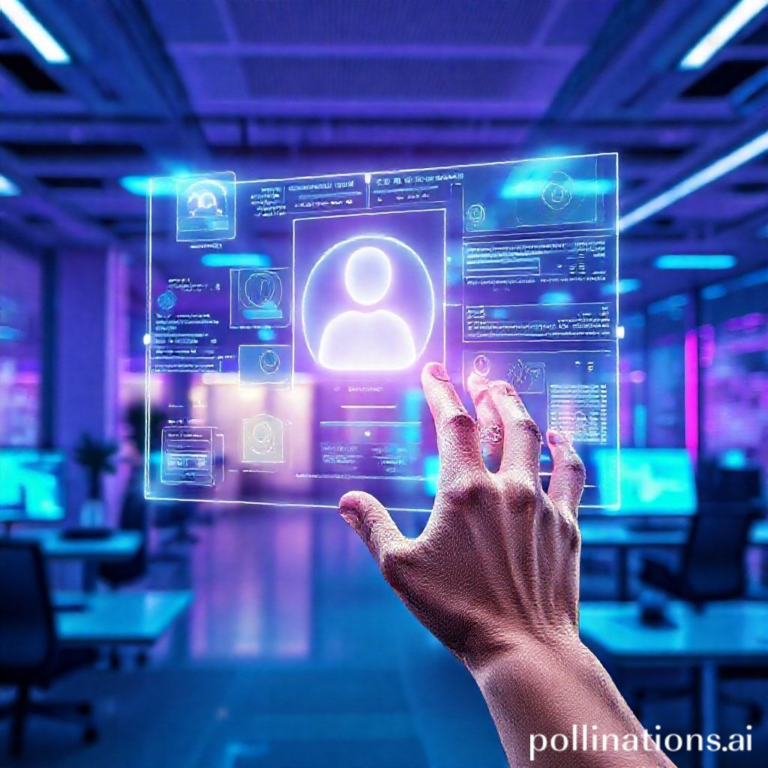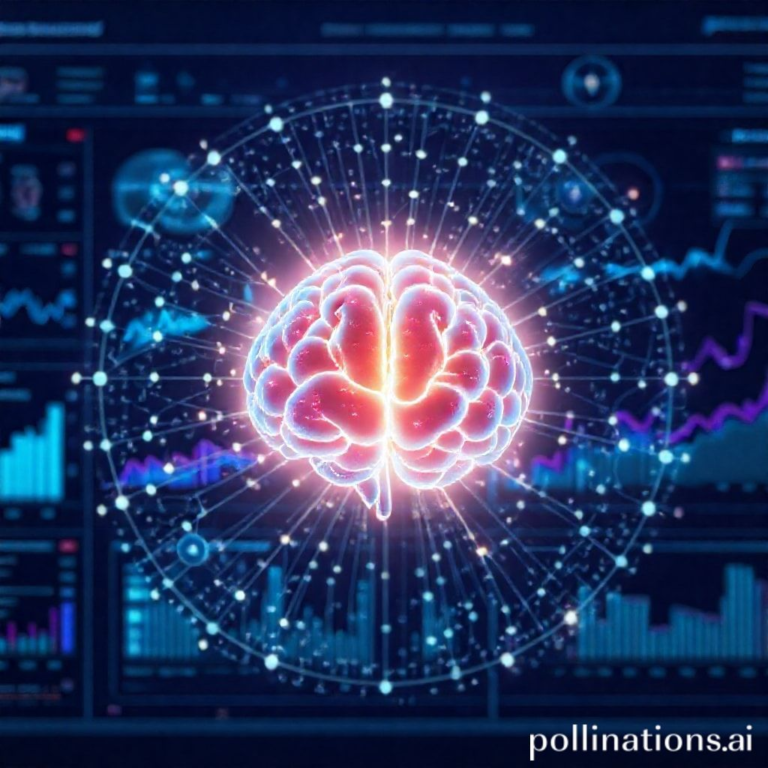
The future isn’t just arriving; it’s accelerating, driven by the relentless pace of Artificial Intelligence. If you thought 2023 and 2024 were big years for AI, prepare yourself for 2025. We’re moving beyond the initial shock and awe of generative models into an era where AI tools are not just novelties but indispensable engines of progress, seamlessly integrated into our daily lives and professional workflows.
In 2025, AI is less about hypothetical futures and more about tangible, impactful present-day solutions. From hyper-personalized experiences to sophisticated scientific breakthroughs, the landscape of AI tools is evolving at a breathtaking speed. This post will delve into the news, key trends, and groundbreaking applications that will define AI in the coming year, offering a glimpse into a world where intelligence augmentation is the new normal.
The AI Landscape in 2025: A Snapshot
By 2025, AI has firmly cemented its role as a foundational technology, much like the internet did decades ago. It’s no longer a niche for tech enthusiasts but a pervasive force shaping industries, economies, and even our social interactions. The conversation has shifted from “what if AI can do this?” to “how can AI do this better, faster, and more ethically?”
Beyond Hype: Practical Integration
One of the most significant shifts we’ll witness in 2025 is AI’s move from experimental deployment to critical, practical integration. Businesses that were merely dabbling in AI will now be leveraging it for core operations, from supply chain optimization and customer service automation to advanced data analytics and predictive maintenance. Startups will be born AI-first, designing their entire infrastructure around intelligent systems. This means more stable, robust, and enterprise-grade AI solutions becoming widely available and adopted.
Key Trends Shaping AI in 2025
Several major trends will define the evolution and application of AI tools in 2025. These aren’t just incremental improvements but fundamental shifts in how AI is developed, deployed, and perceived.
Hyper-Personalization and Adaptive AI
Forget basic recommendations. In 2025, AI will power hyper-personalized experiences that anticipate your needs, preferences, and even emotional states with unprecedented accuracy. Adaptive AI systems will continuously learn from your interactions, not just to suggest products or content, but to tailor entire interfaces, learning paths, and even therapeutic interventions. Imagine an educational AI that customizes every lesson plan based on your real-time understanding, or a health app that adjusts your wellness program based on sleep patterns, stress levels, and genetic predispositions.
Generative AI’s Maturation and Specialization
While generative AI captivated us with its ability to create text, images, and even videos in previous years, 2025 will see its maturation and specialization. The focus will shift from general-purpose models to highly specialized generative AI tools capable of producing incredibly nuanced and high-quality outputs for specific domains. This means AI that can generate complex code for specific programming languages, design novel protein structures for drug discovery, or create synthetic data sets for training other AI models with greater fidelity and less bias. These specialized models will be critical in accelerating research, development, and creative processes across countless industries.
Edge AI and Decentralized Intelligence
The processing power of AI is increasingly moving closer to the data source – to the “edge” of the network. Edge AI allows devices to process information locally, reducing reliance on centralized cloud servers. This trend will explode in 2025, driven by the proliferation of IoT devices, autonomous vehicles, and smart infrastructure. Benefits include faster response times (crucial for self-driving cars), enhanced data privacy (less data leaving your device), and more efficient use of bandwidth. Your smart home devices won’t just send data to the cloud; they’ll make intelligent decisions right there, in real-time.
Ethical AI and Trustworthiness
As AI becomes more powerful and pervasive, the demand for ethical AI will intensify. 2025 will see a greater emphasis on explainable AI (XAI), ensuring that AI decisions aren’t black boxes but can be understood and audited. Regulations around AI fairness, transparency, and accountability will become more stringent and globally coordinated. Companies will invest heavily in AI governance frameworks, bias detection tools, and human-in-the-loop systems to ensure their AI solutions are not only effective but also equitable and trustworthy. Trust will be the new currency in the AI economy.
Groundbreaking AI Tools and Applications to Watch
Beyond the overarching trends, specific AI tools and applications are set to make waves in 2025.
Advanced AI Assistants (Beyond Siri/Alexa)
Imagine an AI assistant that doesn’t just answer questions but proactively manages your calendar, drafts complex emails, synthesizes information from multiple sources for your meetings, and even helps you brainstorm creative solutions. These next-generation assistants will be deeply integrated across all your digital platforms, learning your work patterns, communication style, and even your professional goals to become indispensable co-pilots in your career and personal life.
No-Code/Low-Code AI Platforms
The democratization of AI development will reach new heights with advanced no-code/low-code AI platforms. These tools will empower non-developers – business analysts, marketers, and even small business owners – to build sophisticated AI applications with drag-and-drop interfaces and minimal coding. This will unleash a wave of innovation, as more individuals and organizations can leverage AI to solve specific problems without needing a team of data scientists.
AI in Healthcare: Precision and Prediction
2025 will see AI transforming healthcare from diagnostics to drug discovery. Tools for analyzing medical images will achieve superhuman accuracy, identifying diseases like cancer earlier and more reliably. AI-powered platforms will accelerate the discovery of new drugs by simulating molecular interactions and predicting efficacy. Personalized treatment plans, tailored to an individual’s genetic makeup and lifestyle, will become more commonplace, leading to better patient outcomes and more efficient healthcare systems.
AI in Creative Industries: Co-Creation and Innovation
Far from replacing human creativity, AI will become an ultimate co-creator. Expect advanced AI tools that assist in music composition, generating harmonies and melodies based on stylistic inputs. Video editing software will use AI to automate mundane tasks, suggest cuts, and even generate missing frames. Architects will use AI to rapidly prototype designs, optimizing for aesthetics, structural integrity, and sustainability. AI will be a muse, a collaborator, and an efficiency booster for artists, designers, and innovators.
Challenges and the Road Ahead
While the prospects for AI in 2025 are incredibly exciting, it’s crucial to acknowledge the ongoing challenges. Data privacy concerns, the potential for algorithmic bias, and the impact on employment will remain critical areas of discussion and development. The energy consumption of large AI models will also be a growing concern, pushing for more efficient algorithms and sustainable hardware.
The need for continuous upskilling and reskilling will be paramount as job roles evolve. Societies will need to adapt, fostering educational systems that prepare individuals for a future augmented by AI, emphasizing critical thinking, creativity, and uniquely human skills.
Conclusion
2025 is poised to be a landmark year for AI, marking a definitive shift from nascent technology to indispensable infrastructure. The AI tools emerging will be more intelligent, specialized, ethical, and deeply integrated into the fabric of our lives and work. From revolutionizing healthcare and empowering creators to personalizing our digital experiences and driving scientific discovery, AI’s transformative power will be undeniable.
As we navigate this exciting new era, the focus must remain on responsible innovation. By prioritizing ethical development, fostering transparency, and addressing societal impacts, we can harness the full potential of AI to build a more productive, intelligent, and equitable future for everyone. The journey ahead is not just about building smarter machines, but about building a smarter world with humanity at its core.


